5 things to know about the COVID vaccine
- Category: COVID-19, Living Well
- Posted On:

For a year now, we’ve heard about the novel coronavirus; it’s called novel because it has never been seen before. Since being identified in 2019, the highly contagious virus became known as COVID-19.
Today, the news is now focused on vaccines and the urgency to get people vaccinated against this deadly virus. There are currently two different vaccines available, with a third on the way, and that’s encouraging news for everyone needing to get vaccinated.
1. How the COVID-19 vaccine works
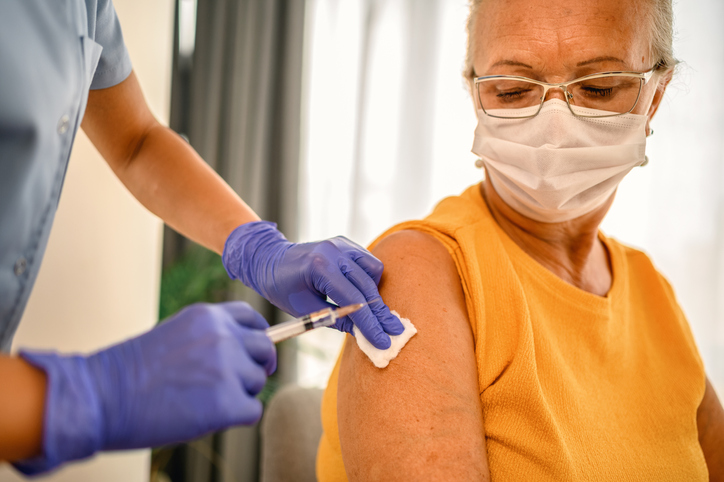
Vaccines have been around for over 200 years, with the first one used in 1796 against smallpox. Since then, vaccines have been used for a wide range of illnesses, and now, many of those diseases are entirely eradicated. That elimination occurred because once someone receives a vaccine against an illness, whether it’s the yearly flu or measles, the vaccine stimulates the immune system to produce antibodies, which identify and attack foreign substances in your body.
2. Antibodies are a good thing
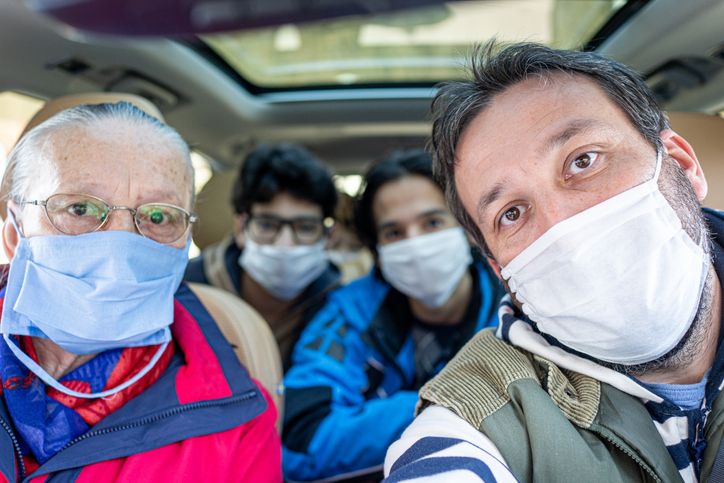
To produce antibodies, though, you have to receive a vaccine. Most of our prior vaccines contain the same germs that cause the disease, though the germs are killed or altered, so they can’t cause you to get sick. In the case of the 2 current COVID vaccines (Pfizer and Moderna), the vaccine consists of something called messenger RNA which causes our own cells to produce a protein similar to a protein on the COVID virus’ surface. Once you are vaccinated, your immune system gets to work, producing antibodies to keep you healthy.
3. Vaccination is happening in a phased approach
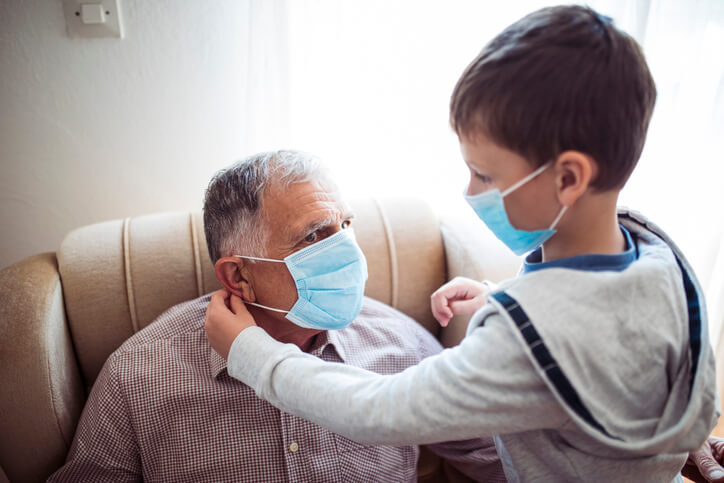
In the case of COVID, that’s why there is such a large push to get everyone who is eligible vaccinated so this pandemic can stop spreading. Millions of people are now receiving the vaccine, especially those who are considered high-risk for severe complications if they get COVID.
Currently, the Louisiana Department of Health has authorized COVID-19 vaccines those considered to be in the Phase 1-B, Tier One group, which includes:
- People 70 years old or older
- Home care patients and their caretakers, including older and younger people with disabilities who are in community-based housing
- Those on dialysis
- Healthcare providers
- Students, residents, faculty, and staff of medical schools and centers
West Jefferson Medical Center is distributing the vaccine, and if you are eligible, you can schedule an appointment time by calling 504-386-3174.
4. Current vaccines are safe and effective affirmed by clinical testing
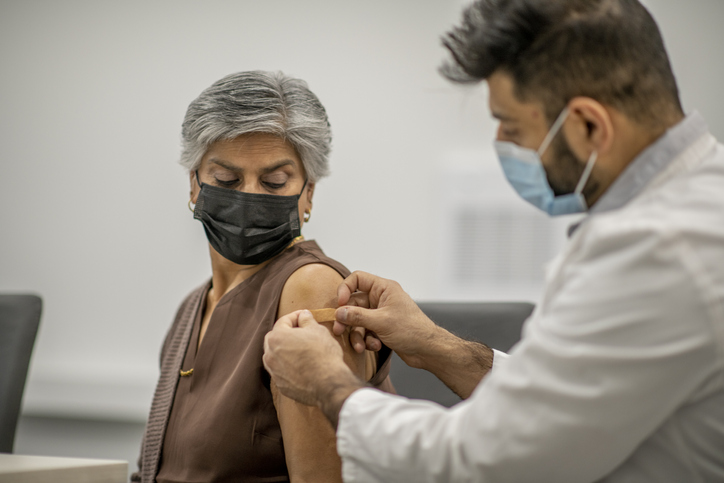
Two biotechnology companies have successfully developed, tested, and received the approval of their vaccine. One is produced by Pfizer and the other by Moderna, and there are more vaccines, developed by Johnson & Johnson and AstraZeneca, that will be available in the future. As you read above, the two vaccines being used now took a more innovative approach using Messenger RNA (mRNA) to fight off coronavirus.
What exactly is mRNA? As mentioned earlier, most vaccines use a weakened version of the disease in the vaccine, but mRNA uses a genetic sequence of spike protein that creates antibodies and interferes with the virus so the virus can’t stick to cells and reproduce and invade your body. By using mRNA, development and manufacturing times are dramatically shortened, which allowed scientists to develop the COVID vaccine in such a short time. Unlike most other vaccines, though, you will need two doses of the coronavirus vaccine, and though there have been some side effects reported, most are mild.
5. Both of the current vaccines require two doses
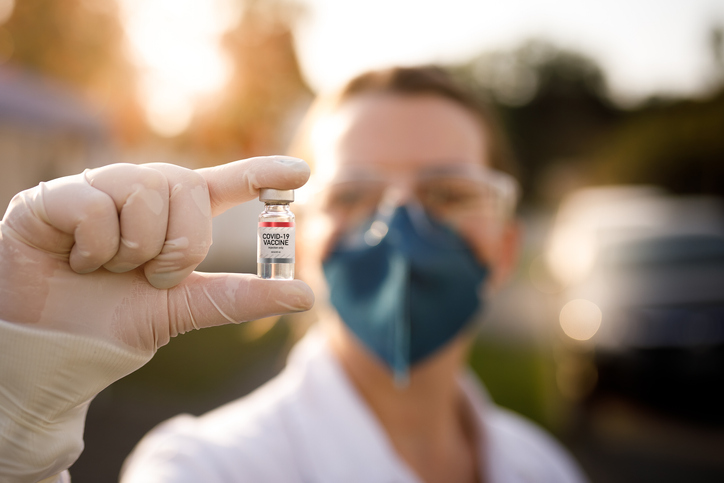
As for specifics on the two vaccines, here is what you need to know:
Pfizer vaccine:
- Two doses needed, 3-6 weeks apart
- Side effects include headache, chills, and potential muscle pain, especially after the second dose
- If you have a history of serious allergic reactions to vaccine ingredients, talk to your doctor before getting vaccinated
Moderna vaccine:
- Two doses needed, 4-6 weeks apart
- Side effects include fever, muscle aches, headaches lasting a few days. Effects can be worse after the second dose
- If you have a history of serious allergic reactions to vaccine ingredients, talk to your doctor before getting vaccinated
LCMC Health, and its network of medical centers, including West Jefferson Medical Center, is diligently working to ensure all of our patients are informed of what is happening with this pandemic.
We have extensive information on COVID-19, vaccines, and other health-related information, including a free Nurse Hotline accessible Monday-Friday from 7 am – 11 pm, and Saturday - Sunday from 8 am – 8 pm. The number is 504-386-3174.
West Jefferson Medical Center is here to keep you and your family as healthy as possible, especially during these uncertain times with COVID-19.
About Dr. Robert Chugden, Chief Medical Officer:
As Chief Medical Officer, Dr. Robert Chugden ensures patients receive the highest quality treatment possible by hiring, evaluating and training new physicians. He works closely with physicians, nurses and staff to create and enforce clinical guidelines that help make the Medical Center’s healthcare delivery run smoothly, and he acts as a liaison between the medical staff and the hospital’s executives. For more than 30 years, Dr. Chudgen, board-certified in emergency medicine, has served as an ER physician for West Jefferson Medical Center and as the ER’s Medical Director for 18 years.